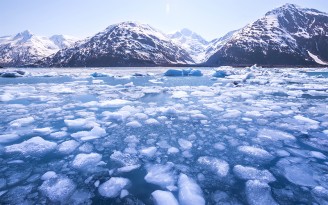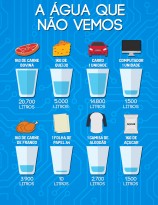
6 ways to help reduce air pollution and save the ozone layer
Nathan Rodrigues
Friday | September 16, 2016 | 11:33 AM | Last update: September 22, 2016, 4:08 PM (Brasilia time)
Planet Earth has already shown its need for care, and global warming is the most visible sign of climate change. According to the United Nations Environment Programme (UNEP), over the last 100 years sea levels have risen by between 10 and 25 centimeters, and carbon dioxide—the main cause of the greenhouse effect—is responsible for 85% of the increase in the Earth’s temperature over the last 10 years. Is it possible to stop this phenomenon? Yes, it is: The key to reversing this is to reduce air pollution.
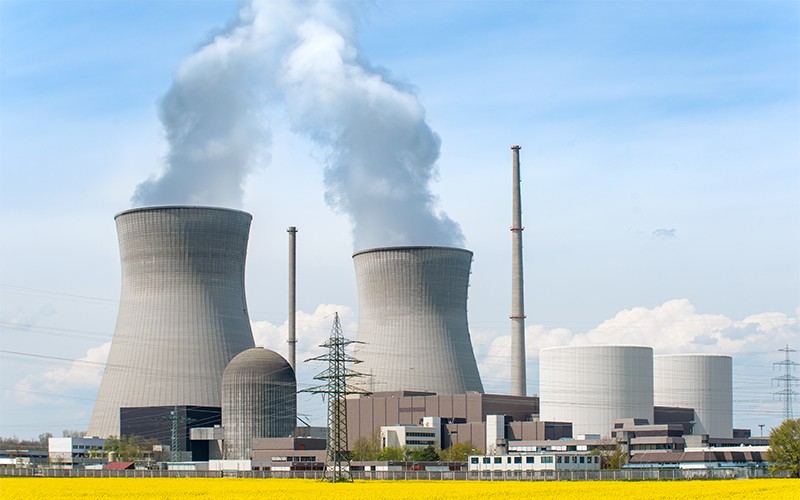
According to the World Health Organization (WHO), more than 80% of the global urban population is exposed to air pollution. A report published by the WHO at the beginning of 2016 also shows that young people, the elderly, and low-income population are the most impacted. Pollution in big cities, mainly produced by burning fossil fuels (coal and oil derivatives), is the cause of several health problems, such as asthma, heart disease, lung cancer, rhinitis, and bronchitis.
+ Paiva Netto writes: “Be careful, we’re breathing death.”
To prove that a simple change in our habits can favor—and by a lot—our collective home, the Good Will Portal brings some tips to help reduce air pollution, so we all can give the helping hand the ozone layer needs. ;)

How about a ride?
How many work colleagues live near you? If you were able to remember between two and four people, how about setting up a carpooling system? The logic is simple: four passengers are four fewer cars on the streets. Save time, your health, and the planet!
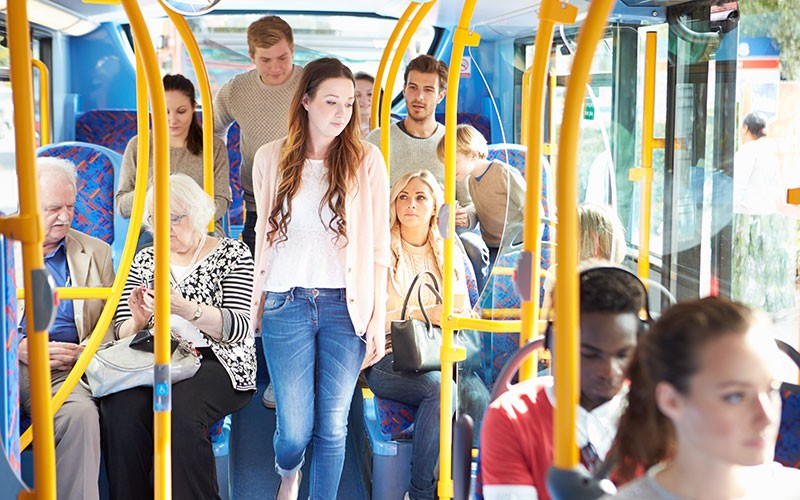
Take the bus or subway
Another suggestion is to leave your car in the garage and use public transportation. In addition to not spending money on gasoline, you won’t need to worry about parking or dealing with rush hour traffic. If you want, use the travel time to read or listen to music.
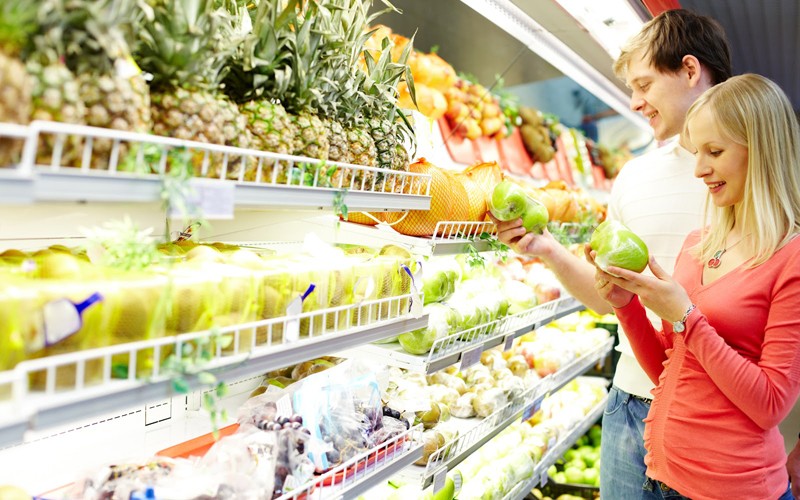
Buy eco-friendly products
Go for products that have no impact on the environment. Choose organic products without the use of pesticides and that come from sources that respect the environment. Sustainable, recyclable, and reusable packaging is also a good option. Avoid plastic bags, OK?
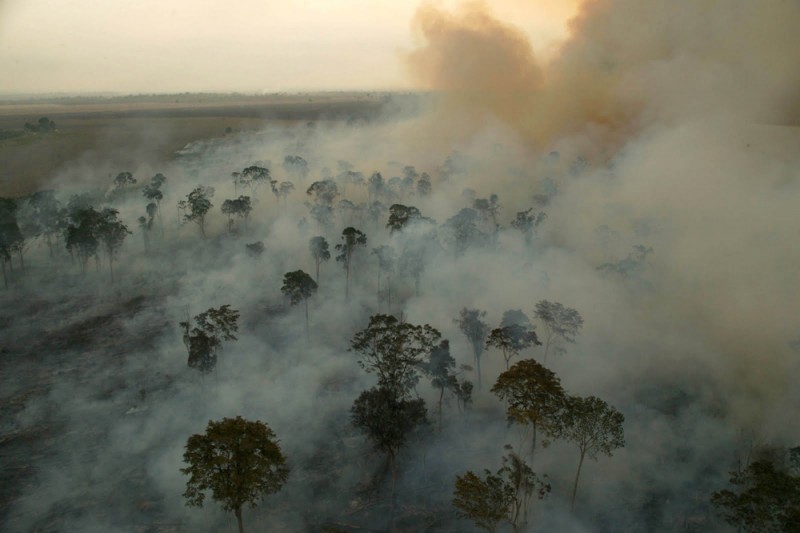
Prevent bush fires
Yes, we can certainly take some precautions to avoid fire spreading, especially in dry periods. Not throwing garbage on the floor, for example, is an excellent way of avoiding forest fires. If you still have the harmful habit of smoking, we remind you of the care needed in order to discard cigarette ends in an appropriate way; never throw them on the floor or discard them before they’ve been fully extinguished.
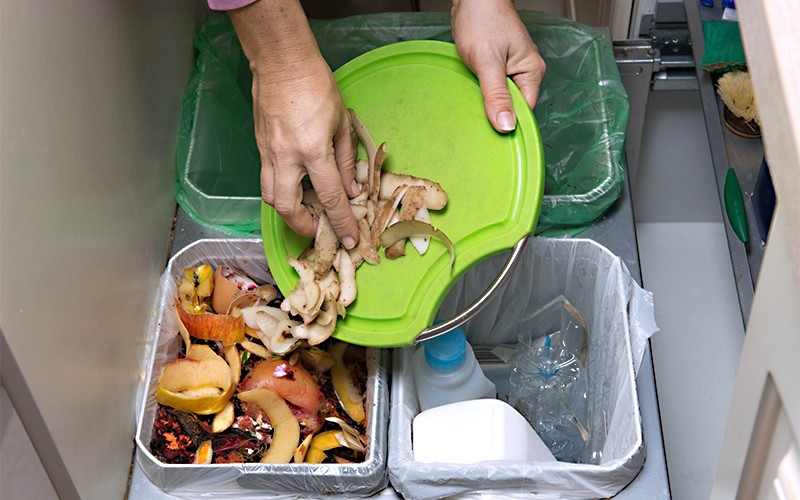
Faça a separação do lixo doméstico. Isso faz a diferença!
Recycle
Recycling is one of the easiest ways to save the planet. Sort at least your dry and organic garbage and send it for recycling. If there’s no selective garbage collection service in your neighborhood then gather some of your neighbors and once a week appoint someone to take the garbage to an appropriate place.
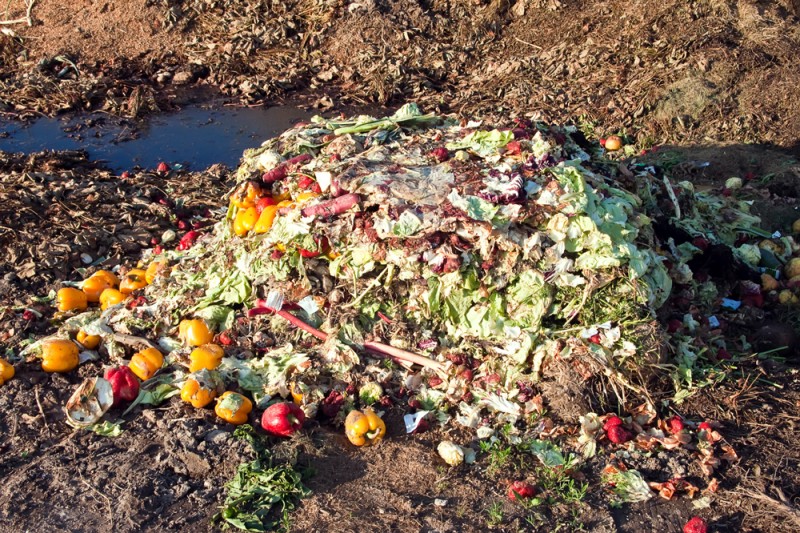
Don’t waste food!
Around one third of the food produced in the world is lost or wasted. There’s nothing we can do about the waste generation during the production process, but it is our responsibility to throw away less food after it’s ready for consumption. =)
IN FAVOR OF NATURE
Since the 1940s the Legion of Good Will (LBV) has been promoting Education with Ecumenical Spirituality1 in all its units (in both Brazil and abroad) to develop the environmental awareness of children, young people, adults, and the elderly. This is the LBV’s unique teaching proposal capable of educating World Citizens who are fully aware of their responsibilities of social and environmental justice and of their capacity to contribute also through the exercise of ecumenical values. Sustainability is worked with through talks, playful workshops, and other activities that point to the importance of preserving the environment. Topics like recycling, sorting waste correctly, not wasting water, and growing plants are always included.
___________________________
1 — Ecumenical Spirituality — This banner of the Legion of Good Will is present in all its social and educational actions, because it is understood as “the cradle of the most generous values that are born of the Soul; the dwelling of the emotions and of the reasoning enlightened by intuition; the atmosphere that embraces everything that transcends the ordinary field of matter and comes from the elevated human sensitivity, such as Truth, Mercy, Morals, Ethics, Honesty, Generosity, and Brotherly Love.” Extract taken from the book É Urgente Reeducar! [It is Urgent to Re-educate!], which is the fundament of the LBV’s educational proposal, written by educator Paiva Netto, a best-selling author.
